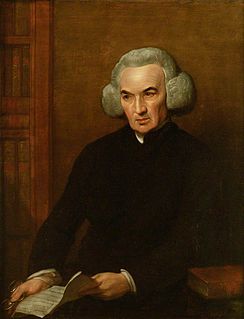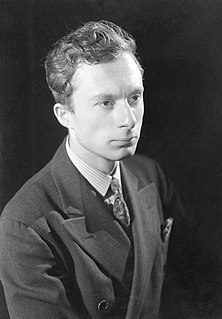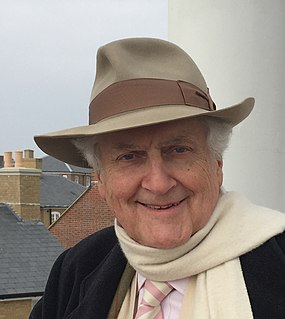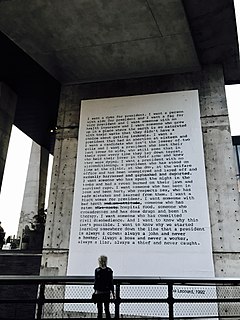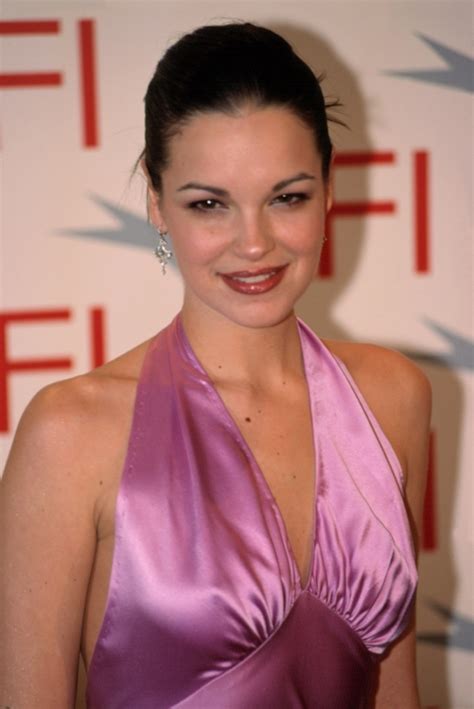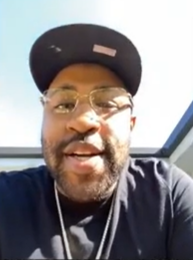A Quote by Richard Price
I don't write police stories, per se, but I usually write about areas that are very panoramic, like Harlem, or the Lower East Side, or a small urban city like Jersey City.
Related Quotes
I thought I could capture the stories of the city on paper. I thought I could write about the horrors of the city. Horror stories you see. I tell you I didn't have to look far for material. Everywhere I looked, there were stories hidden there in the dark corners. . . . I wrote and still there were more. . . . No one would publish them. 'Too horrible,' they said. 'Sick mind,' they said. I thought I could write about the horrors of the city but the horror is too big and it goes on forever.
I have just been to a city in the West, a city full of poets, a city they have made safe for poets. The whole city is so lovely that you do not have to write it up to make it poetry; it is ready-made for you. But, I don't know - the poetry written in that city might not seem like poetry if read outside of the city. It would be like the jokes made when you were drunk; you have to get drunk again to appreciate them.
A city can only be reconstructed in the form of urban quarters. A large or a small city can only be reorganized as a large or a small number of urban quarters; as a federation of autonomous quarters. Each quarter must have its own center, periphery and limit. Each quarter must be a city within a city.
When I see an entire community disenfranchised, it disturbs me. Not that I'm a message guy, per se. I write about people. I like to write about human beings, not crap political rhetoric. I've tried to avoid that all my life. When I wrote about soldiers in Vietnam, I wasn't trying to make a political statement. I was trying to write about how screwed things were for soldiers, and how they still are.
Delhi is a very maligned city, and deservedly so. Yet there's something about it. It's a secret city, it doesn't hang out its wares. It's like a very deep river. Floating right up on top are the institutions of contemporary power: government, politics, media, and then there's the bureaucracy, the diplomatic missions. But it's also the city of intellectual debate, of protest, it's the city where people from all over the country converge to express their anger. And then, underneath all that, there's this crumbling, ancient city, a confluence of so much history.
